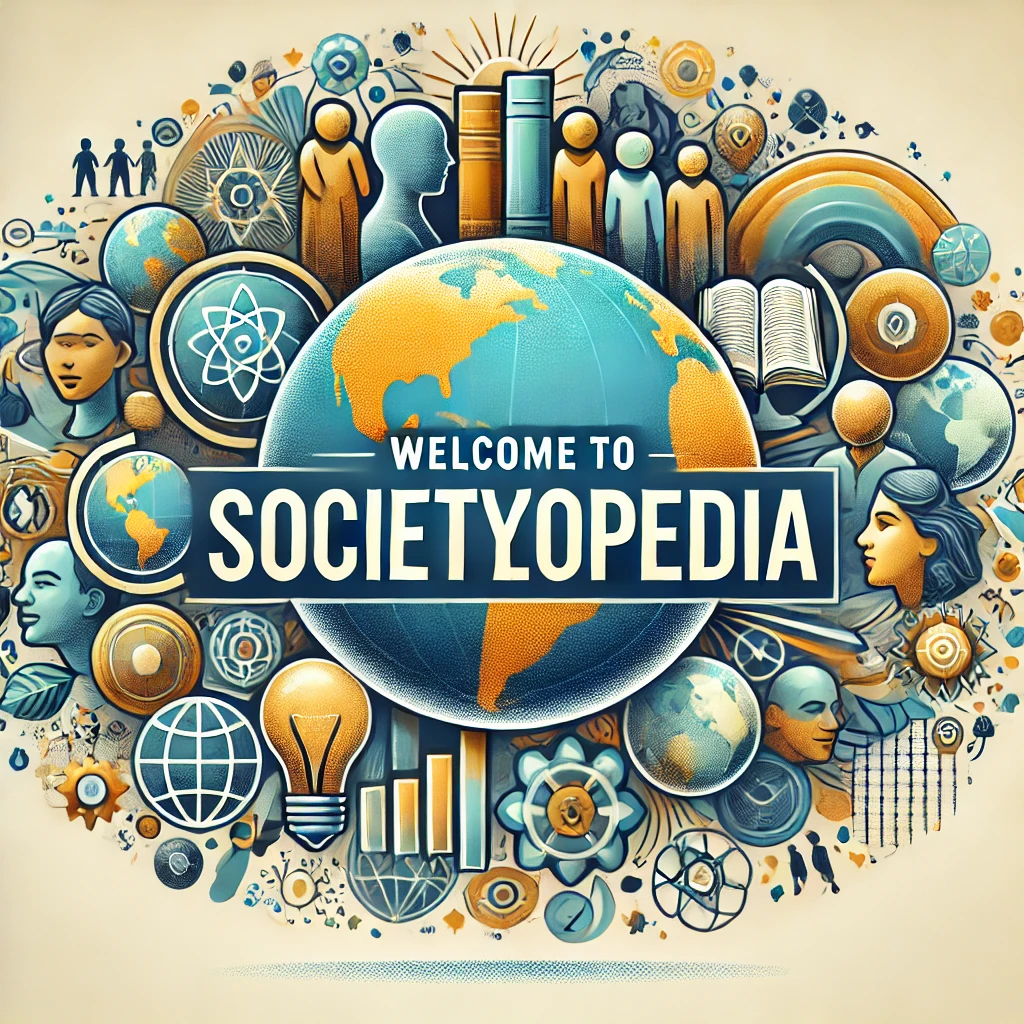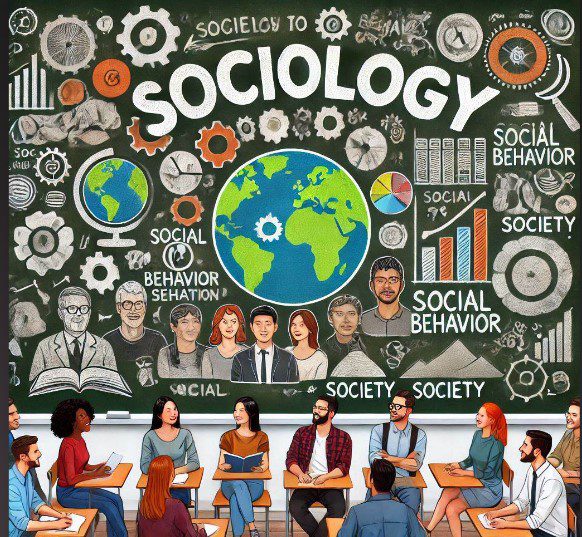Introduction to the Sociological Perspective
The sociological perspective provides a unique way of understanding society by examining human behavior and social structures through a systematic lens. It encourages individuals to look beyond personal experiences and see the broader social forces that shape their lives. This perspective is crucial for analyzing the complexities of human interactions and society’s evolving dynamics.
Origins of the Sociological Perspective
The sociological perspective emerged in the 19th century during a time of rapid social change. Industrialization, urbanization, and political revolutions inspired thinkers like Auguste Comte, who coined the term “sociology.” Pioneers like Karl Marx, Emile Durkheim, and Max Weber laid the foundation for sociology by exploring the relationship between individuals, groups, and society.
- Auguste Comte: Advocated for a scientific approach to studying society.
- Emile Durkheim: Focused on social integration and the role of collective norms.
- Karl Marx: Examined class struggles and economic systems.
- Max Weber: Emphasized understanding society through interpretive analysis of human actions.
Core Principles of the Sociological Perspective
- Seeing the General in the Particular:
Sociology reveals patterns in individual behavior, showing how societal norms influence personal decisions. For example, choices about marriage, education, or work are shaped by cultural expectations. - Seeing the Strange in the Familiar:
The sociological perspective challenges assumptions by questioning everyday practices. For instance, why do people shake hands as a greeting? Exploring such behaviors highlights their social origins.
The Importance of Context in Sociology
Social behavior cannot be understood in isolation. Context—such as social location (age, gender, race, and socioeconomic status) and historical circumstances—plays a vital role in shaping experiences. A sociological lens considers how time, place, and culture impact human interactions.
Key Sociological Theories
- Structural Functionalism:
Views society as a complex system where each part works to promote stability and order. Institutions like family, education, and religion fulfill specific functions. - Conflict Theory:
Focuses on power dynamics and inequalities. Karl Marx’s work on class struggles serves as a foundation for analyzing social conflicts. - Symbolic Interactionism:
Examines how individuals create meaning through interactions. Symbols, language, and rituals play a significant role in shaping society.
The Role of Social Structures
Social structures, such as institutions and relationships, provide the framework for human behavior. They influence everything from family roles to workplace interactions. Examples include educational systems that prepare individuals for careers and legal systems that enforce societal norms.
Culture and the Sociological Perspective
Culture shapes how societies function by defining norms, values, and symbols. For instance:
- Norms: Rules guiding behavior, such as dress codes.
- Values: Core beliefs, like individualism or community focus.
- Symbols: Shared meanings, such as national flags or religious icons.
Socialization and Human Behavior
Socialization is the process by which individuals learn societal roles. Agents of socialization—family, peers, education, and media—help transmit culture and shape identities. For example, children learn gender roles through toys, media, and parental expectations.
The Sociological Imagination
C. Wright Mills introduced the concept of the sociological imagination, which connects personal experiences to broader social structures. For example:
- A person’s unemployment may stem not only from individual effort but also from economic trends like automation or outsourcing.
Sociological Research Methods
Sociologists use a variety of research methods to study society:
- Qualitative Methods: In-depth interviews, participant observation, and case studies to understand human experiences.
- Quantitative Methods: Surveys and statistical analysis to identify patterns.
- Ethics: Ensuring informed consent, privacy, and non-harm to participants are essential in sociological research.
Applications of the Sociological Perspective
The sociological perspective is instrumental in addressing social issues like poverty, inequality, and discrimination. By identifying systemic problems, sociologists propose solutions that promote equity and social justice.
Globalization and Sociology
Globalization has interconnected societies, making the sociological perspective more relevant than ever. Sociologists study global migration, cultural exchanges, and economic dependencies to understand their impact on local communities.
The Role of Sociology in Everyday Life
Adopting a sociological lens enhances critical thinking, empathy, and decision-making. It helps individuals navigate complex relationships, workplaces, and institutions with greater awareness of societal influences.
Debunking Common Myths with Sociology
Sociology dispels misconceptions like “meritocracy guarantees success” by revealing structural barriers such as unequal access to education and opportunities.
FAQs about the Sociological Perspective
- What is the sociological perspective?
It is a way of understanding human behavior by examining social structures, patterns, and contexts. - Why is the sociological perspective important?
It helps identify the influence of societal forces on personal experiences and fosters critical thinking about social issues. - What are the main theories in sociology?
The three main theories are structural functionalism, conflict theory, and symbolic interactionism. - What is the sociological imagination?
A concept by C. Wright Mills that connects personal experiences to broader societal contexts. - How does sociology apply to everyday life?
It helps individuals better understand relationships, institutions, and cultural norms. - Can sociology solve social problems?
While it doesn’t provide direct solutions, sociology offers insights into systemic issues, enabling informed interventions.
Conclusion
The sociological perspective enriches our understanding of the complex interplay between individuals and society. By adopting this lens, we gain deeper insights into social behavior, cultural practices, and systemic challenges, fostering a more inclusive and equitable world.
Societyopedia, A well known platform for the Social Sciences.


